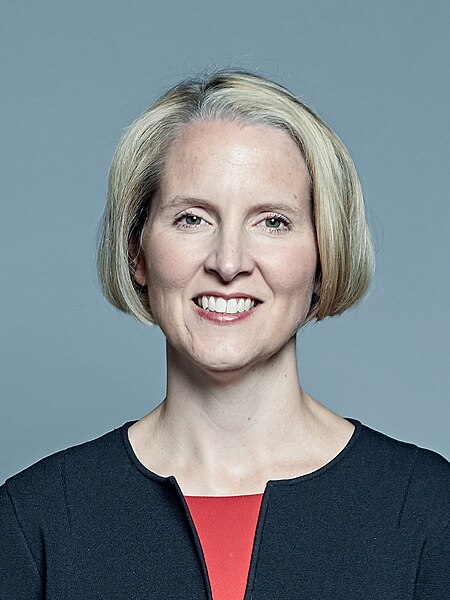
Following the Chancellor's recent visit to Canada, where he observed how retirement schemes successfully pool employee contributions into larger funds managed by investors, the UK
government is accelerating plans to modernise its pensions system by expanding access to Collective Defined Contribution (CDC) schemes.
First introduced in the UK in 2022, CDC pension schemes have the potential to provide reliable returns for savers while ensuring more predictable costs for employers. Today, industry experts, savers, and pension providers are invited to share their views on new proposals to expand CDC schemes to more employers, aiming to deliver better value for future pensioners and unlock significant investment potential.
In Canada, pooled pension contributions are invested in a diverse range of assets, including infrastructure, startups, and private equity, benefiting the wider economy and boosting returns. Expanding CDC schemes in the UK could similarly increase returns for savers while facilitating larger investments in the country, supporting the government's mission to stimulate economic growth.
Minister for Pensions, Emma Reynolds, said:
“We are seizing this exciting opportunity to modernise our pensions market to deliver better outcomes for millions of workers.
People work hard to put money aside for their pension with every pay cheque. This significant innovation will offer a more predictable income and greater finance security for future pensioners”.
Currently, only single or connected employers can establish CDC schemes, with the first such scheme launched by the Royal Mail recently. The government is now looking to broaden access by allowing unconnected multiple employer schemes, making this pension model accessible to a wider range of businesses and employees.
These efforts align with broader plans to review the pensions landscape and introduce a new Pension Schemes Bill aimed at boosting pension pots through consolidation and diversified investment strategies, potentially delivering higher returns for pensioners.
The consultation seeks input from employers, industry experts, pension providers, and the public on the draft regulations and their potential impact. It will run for six weeks, starting today and ending on 19 November 2024.
John Ball, Chief Executive of the Church of England Pensions Board said:
“We welcome the publication today of draft regulations that support the creation of multi-employer CDC pension schemes. We look forward to scrutinising the detail, and to seeing how in due course, such an arrangement might transform retirement plans for those who work for the Church”.
Andy O’Regan, Client & Strategic Partnerships Director at TPT Retirement Solutions, said:
“The introduction of multi-employer whole-of-life CDC scheme regulations will be a landmark moment for UK pensions. Previously, CDC schemes had only been viable for the largest employers. These new rules will make it possible for all employers to provide their staff with a CDC pension scheme. We’ve already been speaking to around 200 employers who have expressed interest in how a CDC scheme could be delivered for their employees.
Multi-employer CDC schemes have the potential to bring a host of advantages to pension savers when compared to traditional DC schemes. CDC schemes pool longevity and investment risk. This means that, compared to DC, they are expected to achieve higher benefits as well as provide members with an income for life. An added benefit is the removal of some of the complex financial decisions pension savers are required to make under DC. CDC schemes may also be more likely to invest in productive assets which could encourage economic growth and generate higher long-term returns for scheme members.
This consultation will open the door to CDC for all employers regardless of size, with the first multi-employer CDC scheme potentially launching within a couple of years. We believe many employers, pension savers, and the wider economy could benefit from the introduction of these schemes. We look forward to responding to this consultation in due course”. Photo by UK Parliament, Wikimedia commons.


































